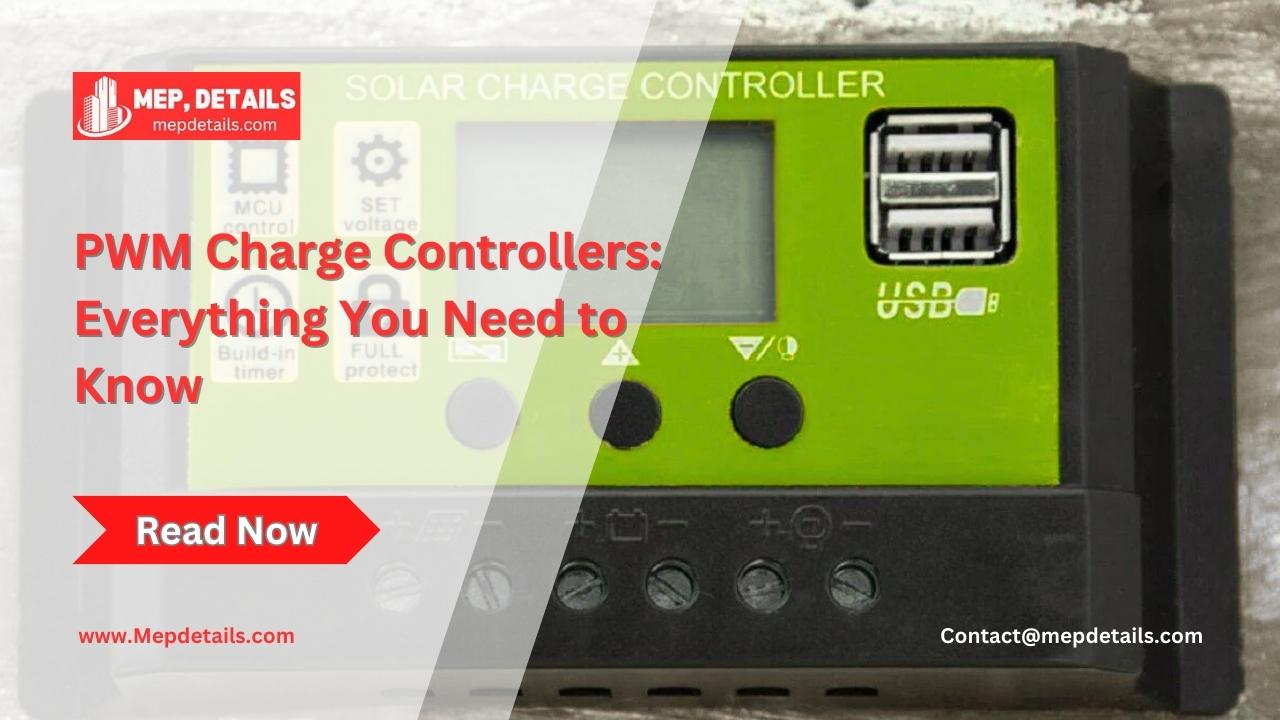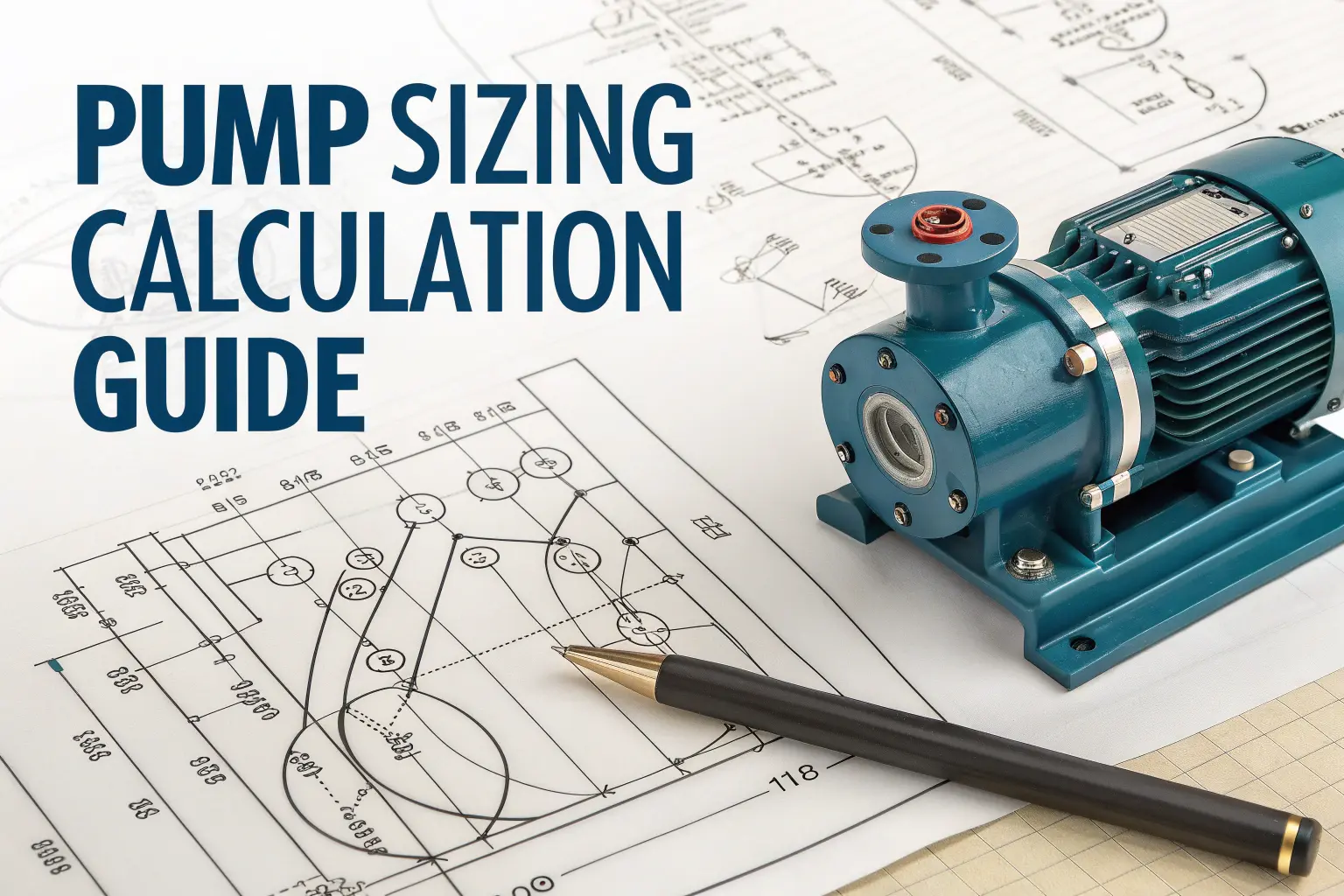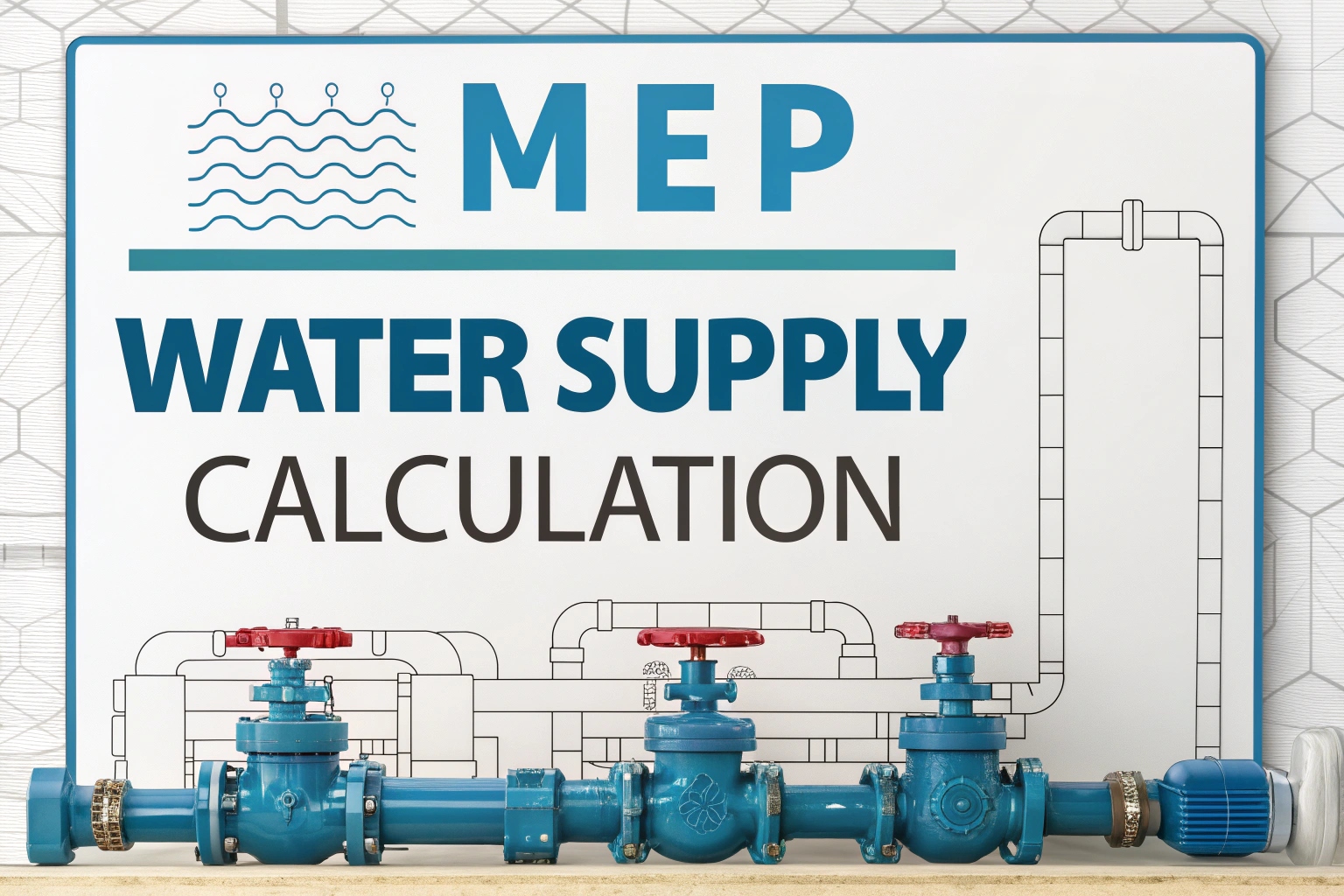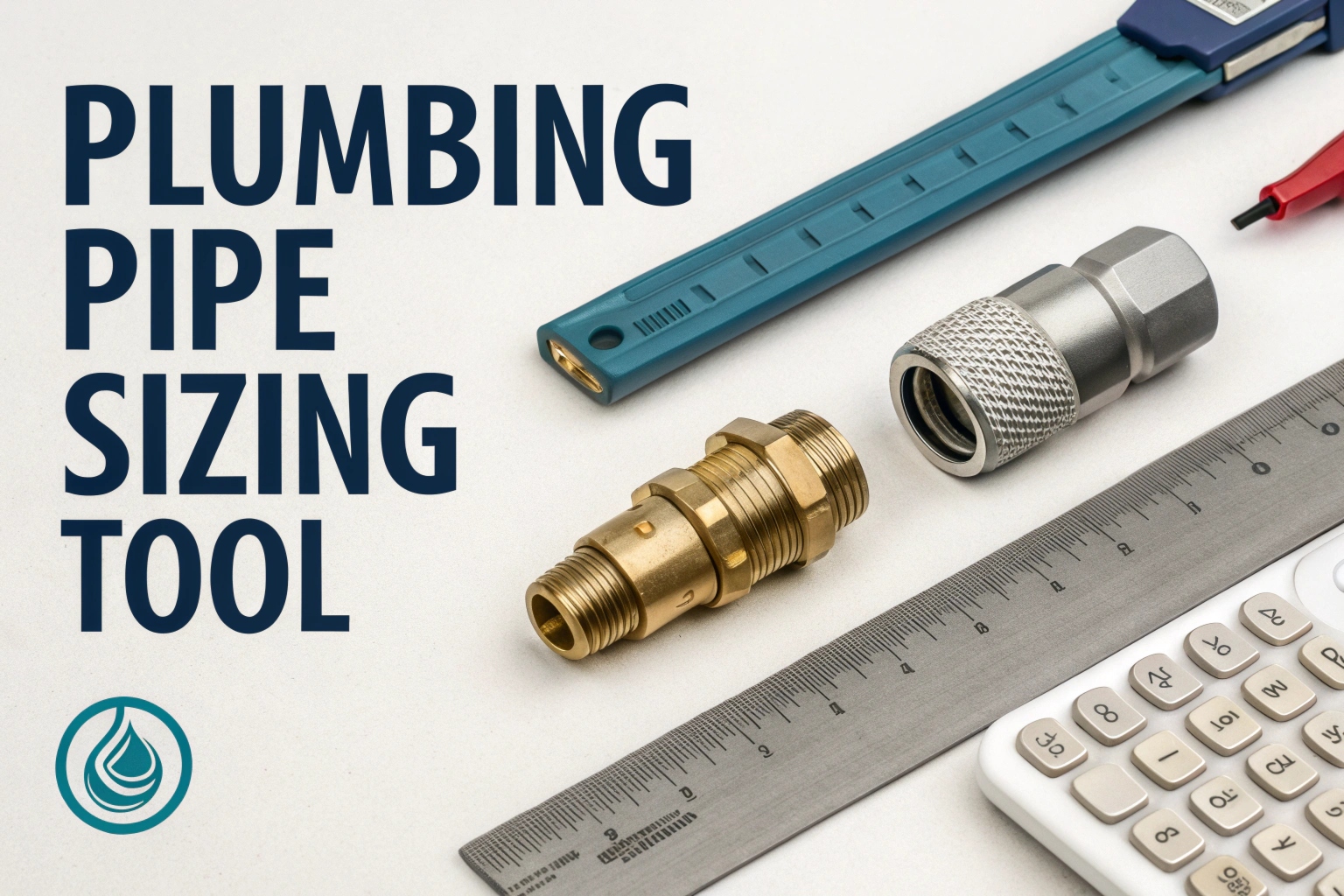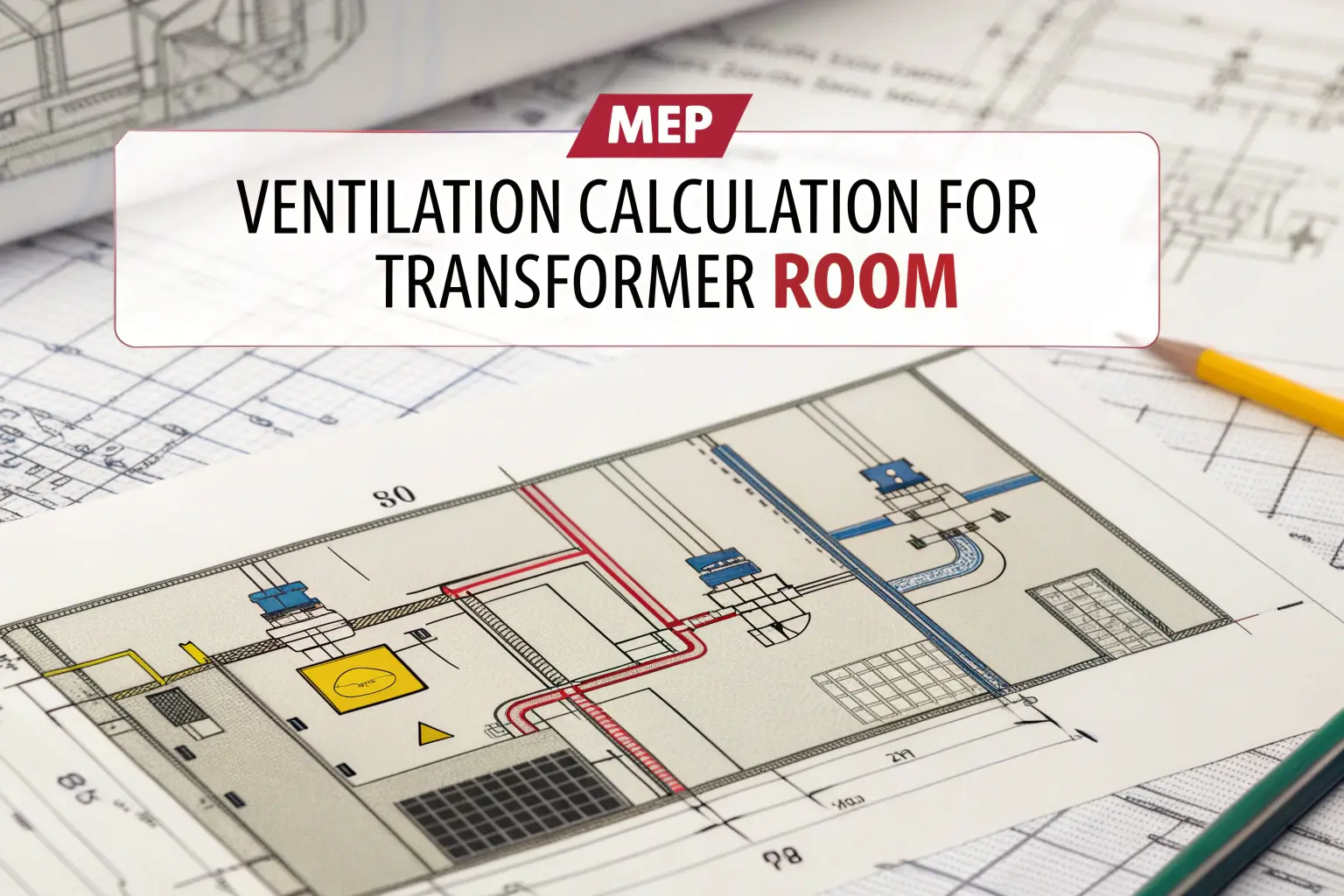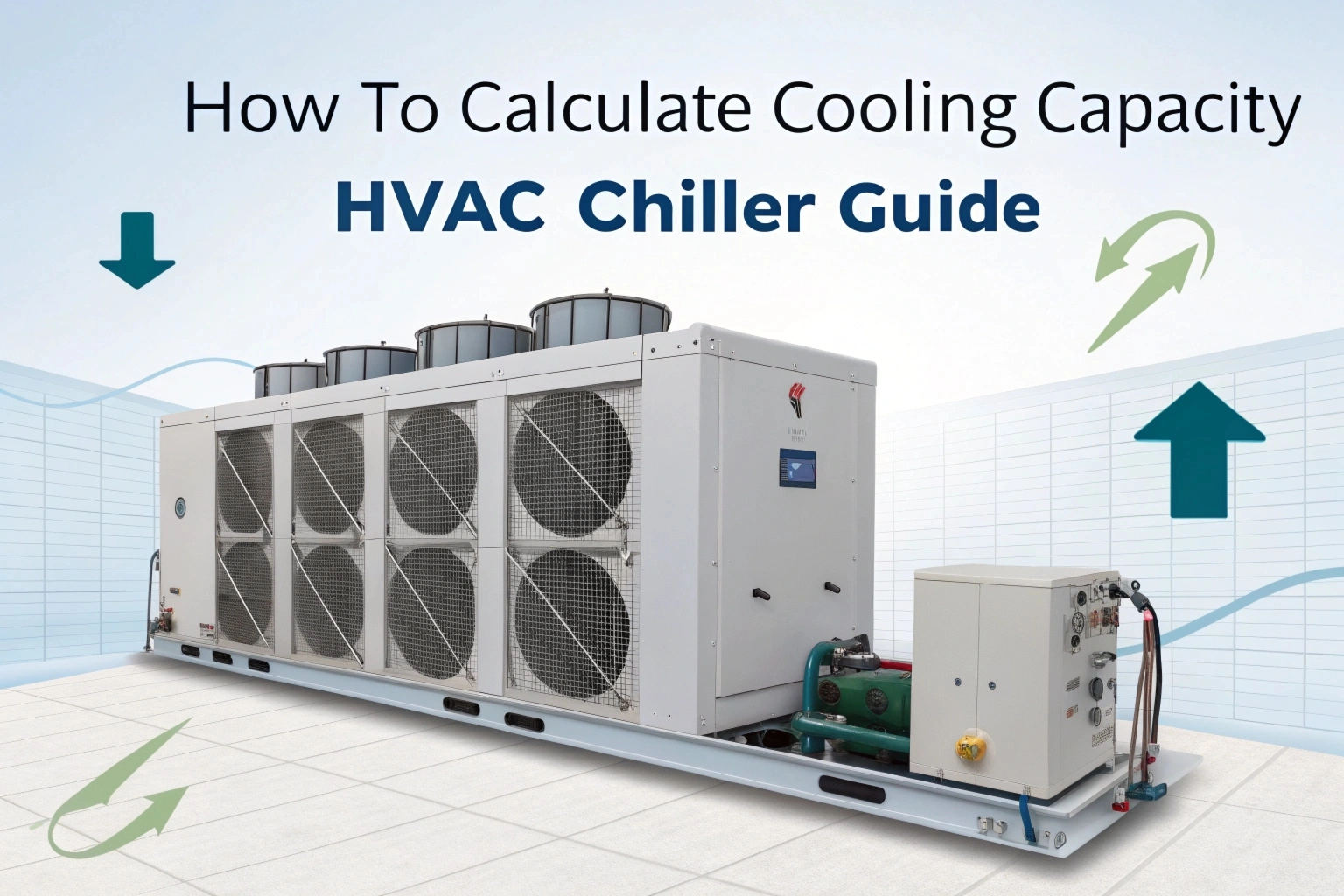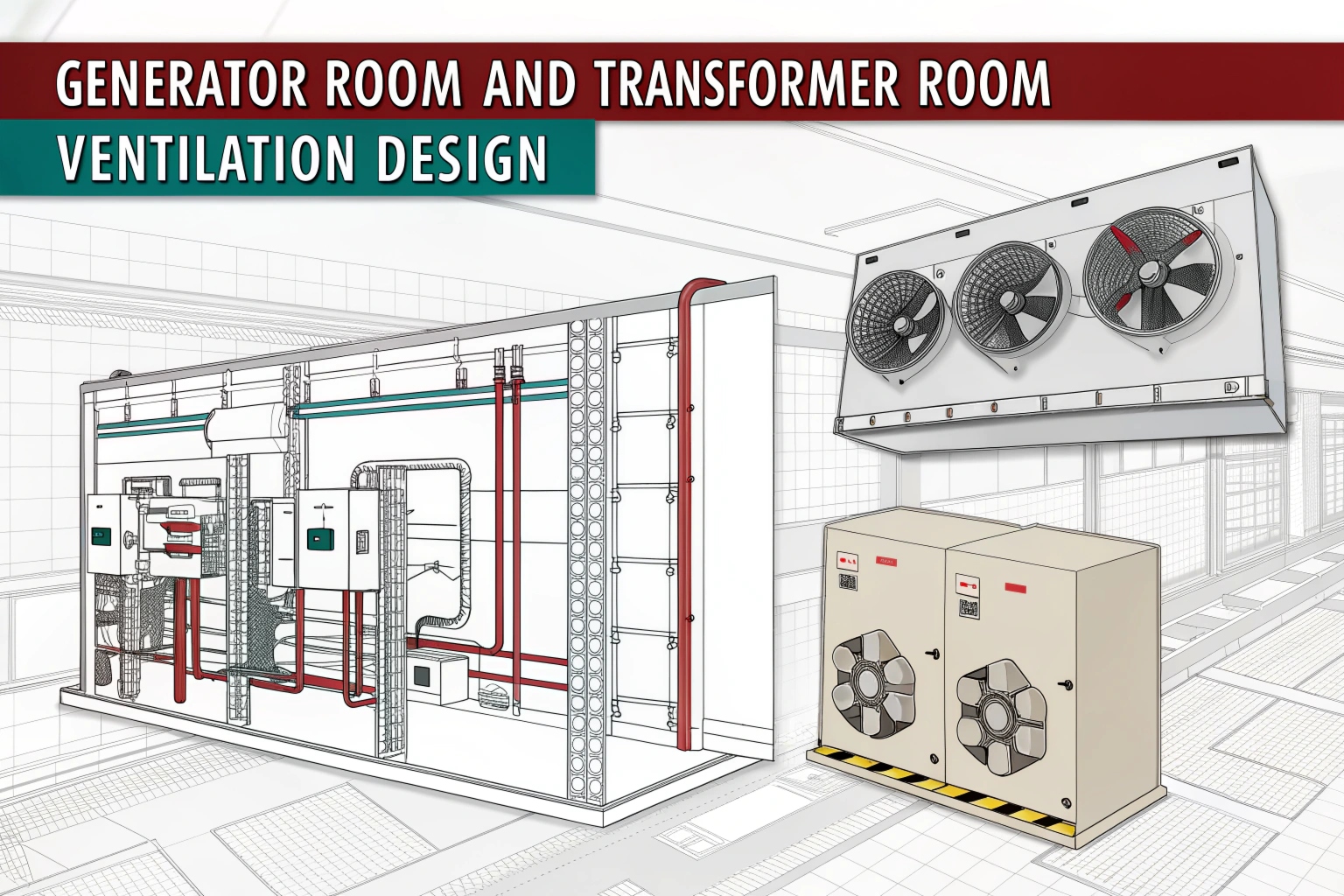Water heating is expensive since it takes a lot of energy. The process of heating water takes up about 18% of energy use in homes. Gas and oil from fossil fuels are used in most homes and businesses for this purpose. Many modern boilers rely on gas and provide hot water when it is required. In some cases, electricity is used to heat water, which becomes the most costly solution.
Solar water heaters are cheaper alternatives for heating water. They are powered by sunlight and operate well in all conditions. We will provide information on how solar water heaters operate, their classifications, benefits, and more in this blog.
What Are Solar Water Heaters?
SWHs are devices that take energy from sunlight to heat up water for different uses, both at home and in industries. Among these are storage tanks for water, pipes, and water collectors on solar panels. They are reliable, green, and cheap to use, lowering your electricity expenditures.
Moderate-sized solar water heaters that provide 100-500 LPD are suitable for residential places. In guest houses, restaurants, canteens, hotels, and hospitals, larger systems are more suitable.
How Solar Water Heaters Work
These devices absorb sunlight to turn water into hot water. The system consists of storage tanks and solar collectors as its main parts. The two main types of these systems are active and passive.
Types of Solar Water Heaters
1. Active Solar Water Heating Systems
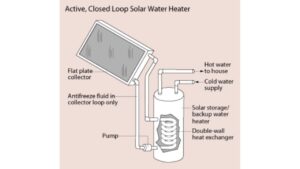
Water in active systems is moved through the system using pumps and controls. They are available in two different forms:
- Direct Circulation Systems: Sunlight in the solar collectors is used to heat the water before it enters your house. This food is best suited for regions where temperatures rarely drop very low.
- Indirect Circulation Systems: They use pumps to transfer a special fluid that doesn’t freeze as it travels through collectors. This fluid heats your water in a heat exchanger, making it suitable for very cold weather.
2. Passive Solar Water Heating Systems
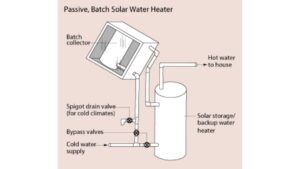
Although passive systems are less expensive, they are not a good energy choice. Since these machines do not depend on pumps or controls, they’re usually more reliable. There are only two basic types:
- Integral Collector-Storage Systems: Their storage tanks are covered with clear material that allows sunlight to heat the water. The heated water is then carried to your house. Solar water heaters work best in places with little snow and where each house uses hot water either in the daytime or night.
- Thermosyphon Systems: In these systems, the water is heated by the collector placed on top of the roof. When you open a hot water tap, heated water comes down from the roof to your house. The majority of these water heaters can contain up to 40 gallons of hot water at a time.
Storage Tanks and Solar Collectors
Solar water heaters rely on tanks that are well insulated. Solar storage tanks have more outlets and inlets, linking to the solar collector. In these systems, the solar water heater first works on the water before it gets to the regular water heater. In a one-tank system, the solar storage and the backup heater are both contained in the same tank.
Types of Solar Collectors
Flat-Plate Collectors
Glazed Flat-Plate Collectors: The collectors consist of boxes with a dark plate and a glass or plastic cover on top, shielded from the weather.
Unglazed flat-plate collectors: Usually applied for solar pool heating, these use a dark absorber plate that is plain without any covering.
Integral Collector-Storage Systems (ICS or Batch Systems)
Typically, a black tank or tube is kept in an insulated and glazed box as part of the system. Water is first chilled by entering the solar collector, where it is heated. After being heated, the water is sent to the regular backup water heater. In places affected by extreme cold, these systems may not be effective.
Evacuated-Tube Solar Collectors
They feature rows of glass tubes that help with selection. The tube is made of glass on the outside and metal with a fin on the interior. These collectors absorb light energy from the Sun, but they also prevent the release of heat. They are commonly used in the U.S. for commercial purposes.
Backup Systems
Such systems have a backup plan to ensure energy is available when the weather is cloudy or more is needed. Water heaters commonly found in homes can be used in this way. Occasionally, the backup component is integrated with the solar collector, as seen in rooftop tanks with thermosyphon systems. If you have an integrated collector-storage system that holds hot water, you may want to team it up with a tankless or demand-type water heater for extra supplies.
Benefits of Solar Water Heaters
Zero Cost
With solar water heaters, solar energy is used, so there is no need to purchase electricity from the grid. Solar energy is a free and endless resource that we can collect every day. Adjust your panel settings to do well even when there are clouds in the sky.
High Efficiency
Solar panels are very efficient since they produce up to 80 percent energy from sunlight, requiring no outside fuel. This reason makes them more effective at heating water than other sources.
Low Installation Expenses
A solar water heater is generally less expensive to install than a PV panel. You can also receive rewards for sending back any electricity you do not use to the grid. You make a one-time payment that brings benefits for a long time.
Space-Saving
If space is limited for solar PV panels, you could go with thermal panels instead. Even though I wrote it in a limited space, it functions effectively.
Environment-Friendly
Solar water heaters are known to be environmentally friendly. Their operation is fuel-less, does not release emissions, and has a little environmental impact.
Low Maintenance
Maintaining solar water heaters is very easy since they require little upkeep. It is not necessary to clean these shoes every time you wear them. These machines are maintenance-free, so repairs are not needed often. According to manufacturers, solar water heaters are designed to function for at least 20-25 years, but they often last even longer.
Choosing a Solar Water Heater
Ensure to complete these steps before getting and installing a solar water heating system:
- Determine how much cost and energy you can save by using this system.
- Determine if you experience sufficient amounts of sunlight to heat with solar power.
- Select the right size for your system.
- Get information about the rules and laws in that area.
- It is also valuable to learn about the vital elements of a solar water heating system.
- They are devices that move heat from one area to another.
- They carry heat from one place to another in the system.
Installing and Maintaining Your Solar Water Heater
A solar water heater should be set up following several important guidelines. Seasonal sunlight, regional climate, rules about constructing, and safety regulations are included in these factors. As such, one should employ a skilled contractor for installing solar thermal systems.
After putting in your solar water heater, proper maintenance is needed to keep it in good shape. You do not have to maintain passive systems much, but active systems need some upkeep. Contact your system provider for information on maintenance, and read the user manual. For standard plumbing and water heating, maintain them in the same way as other systems. When water from normal rain is unavailable, you may have to clean the glass on your own.
For simple solar installations, arrange for a maintenance visit every 3–5 years by a solar contractor. A component that is electrical could require replacement after roughly ten years. Be sure to know how to maintain and fix your solar water heating system.
Before deciding on a contractor, ensure to ask these questions first:
- Are your experts equipped to install and maintain solar water heating systems? Identify a firm that has produced a similar system.
- How many years has your company been responsible for the installation and upkeep of solar heating? Experience is one of the most important factors. Dealership should provide a list of their previous buyers who are happy to act as references.
- Is there any certification or license for your company?
Final Note
A solar water heater requires an initial investment, although it provides better water heating in the future. You must measure and install the right number of solar panels to allow for sufficient water heating at home.
Plumbers and solar contractors must have a license to carry out their work in certain states. Review the local rules in your place. You may also check with your state’s contractor licensing board to learn if the contractor has a license and if there are any ongoing complaints.
Solar water heater installation should be done by trained professionals. After you take care of your heater, consider cutting costs for heating water by practicing other energy-efficient measures. It is particularly useful if you rely on a back-up system. Installing some energy-saving tools can be beneficial if you place them near your water heater.
Read More – Rainwater Harvesting System: Types, Steps, Advantages

